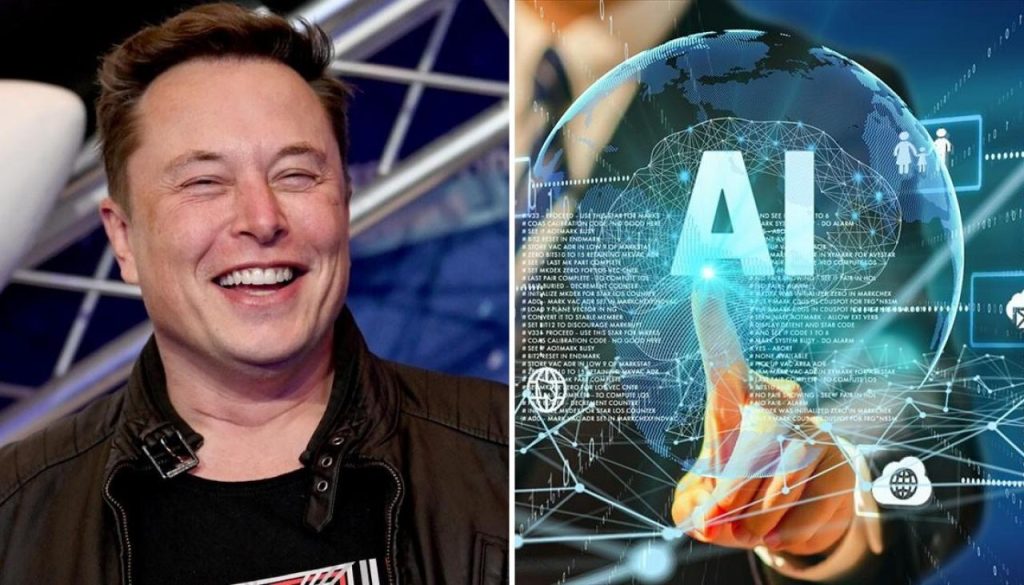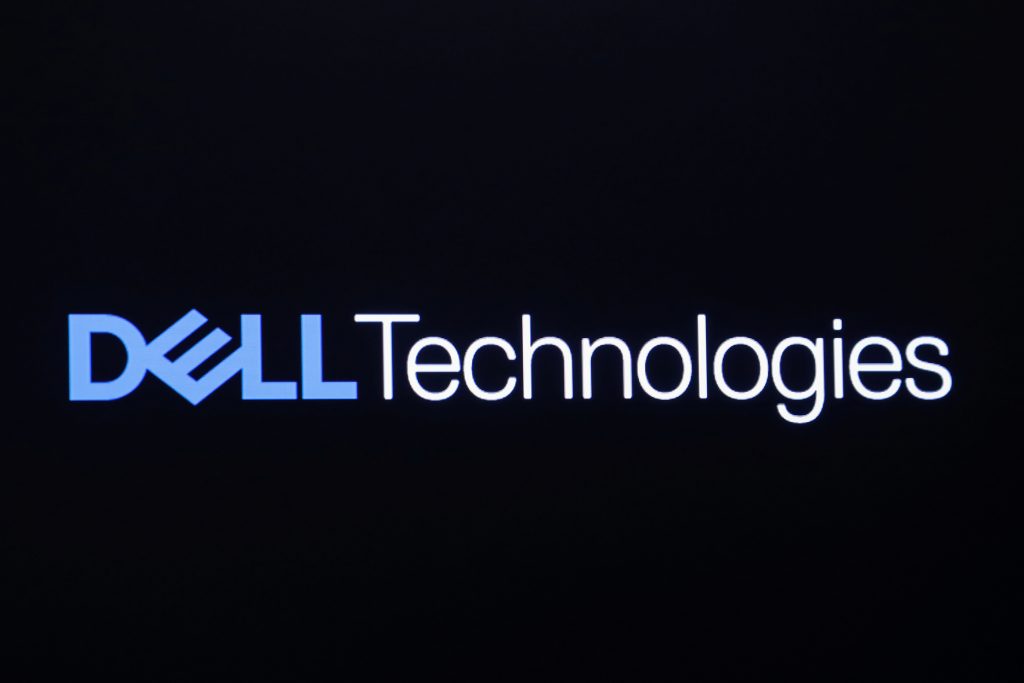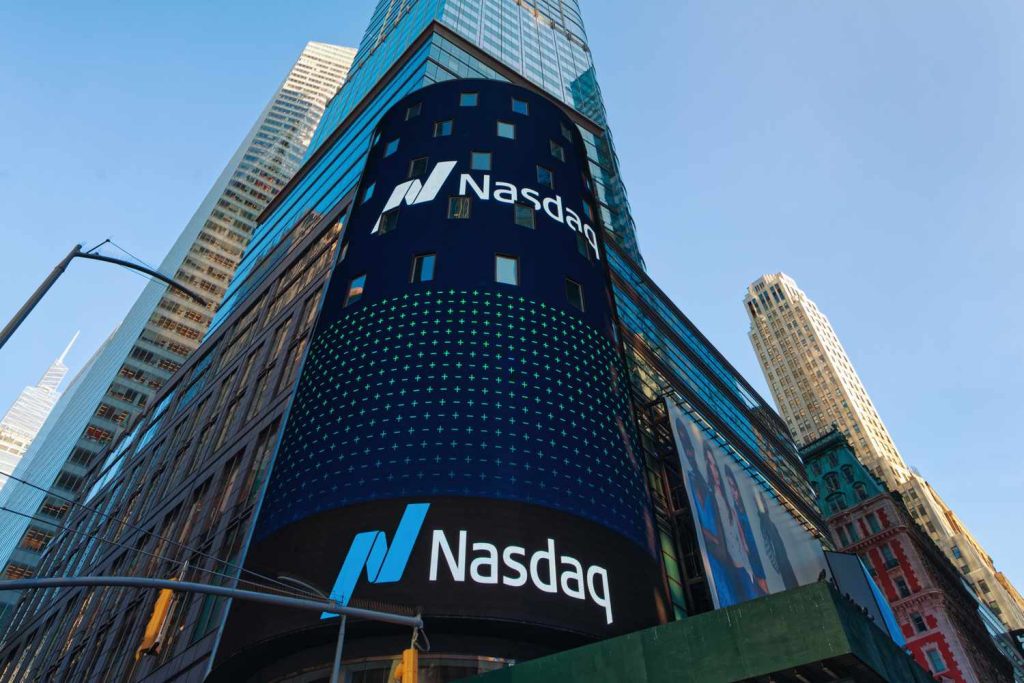Musk sues OpenAI for “excessive profit and violation of non-profit purpose” Claims that public interest was damaged by securing exclusive rights to AI after investing in Microsoft The chances of winning the case are small…
The purpose of making one’s voice heard in the AI field Tesla Chairman Elon Musk filed a lawsuit against artificial intelligence company OpenAI and CEO Sam Altman on the 1st (local time), claiming that they are pursuing private interests in violation of the company’s founding goal of making ChatGPT contribute to humanity.
In a lawsuit filed in San Francisco Superior Court, Musk said that when he financially supported the establishment of Open AI, he received consent from Altman and board chairman Greg Brockman to maintain the AI company as a non-profit corporation that develops technology for the public good. revealed.
Musk also said that OpenAI is required to disclose ChatGPT’s code according to its articles of incorporation, but as OpenAI maintained a close relationship with Microsoft, executives ignored the articles of incorporation and abandoned the company’s mission.
Musk also said, “OpenAI has turned into a virtual subsidiary of Microsoft, the world’s largest technology company,” and “Under the new board of directors, OpenAI has developed artificial general intelligence (AGI) to maximize Microsoft’s interests, not the interests of humanity.”
“We are doing it,” he emphasized.
The reasons for Musk’s complaint include breach of contract, breach of fiduciary duty, and unfair business practices. He also asked the court to order that no one, including Microsoft, profits from Open AI technology.
Anna Pam Chander, a law professor at Georgetown University, said it is unlikely that Musk will win the case at trial, but he intends to make his voice heard and go on the record.
He said, “We are asserting that Musk contributed to the establishment of OpenAI and general artificial intelligence technology, and in particular that he named OpenAI, hired leading scientists, and was a key founder in the early days,” adding, “It is an argument for his position in the history of general artificial intelligence.”
“It also has meaning to establish,” he said.
Musk was an early investor in OpenAI when it was founded in 2015 and was co-chairman of the board of directors along with Altman. Musk said in the lawsuit that he had invested “tens of millions of dollars” in non-profit research institutes.
Musk resigned from the Open AI board in early 2018 on the grounds that he, as Tesla CEO, was using Open AI to avoid conflicts of interest in developing self-driving technology for Tesla electric vehicles.
OpenAI said in a blog post at the time, “Musk’s resignation prevented the possibility of future conflicts of interest.”
Since then, Musk has continued his donations even though he has stated that he does not agree with Open AI’s direction.
At the end of 2018, OpenAI established a for-profit subsidiary, and many of its employees transferred to the subsidiary. Microsoft secured exclusive rights to OpenAI artificial intelligence by investing $1 billion in 2019 and the following year. OpenAI has revealed that Microsoft’s monopoly will expire once it completes general artificial intelligence.
OpenAI became world famous and sparked technology competition with the announcement of ChatGPT in 2022.
When the nonprofit’s board of directors fired Altman as CEO last year, pressure from Microsoft played a major role in reinstating him as CEO, and nearly all of the board members resigned at the time.
In his lawsuit, Musk emphasized that this caused the checks and balances that protect the nonprofit’s mission to “collapse overnight.”
Musk claimed that the nonprofit corporation’s directors failed in their duties to uphold the company’s mission. However, Brooklyn Law School professor Dana Brackman Laser pointed out that Musk’s lawsuit is difficult to establish.
He said, “It is very concerning that a donor suddenly says to directors or employees that ‘the non-profit corporation is not being run properly,'” and emphasized that only directors or prosecutors can file a lawsuit of this nature.
The reason for Musk’s complaint appears to be that OpenAI is making excessive profits that do not comply with the articles of incorporation and that the technology be made public.
Professor Brackman, however, said, “It is a problem for non-profit corporations to pursue profit excessively, but I am skeptical that Musk can make such a claim.”


